We are pleased to invite all researchers, young scholars, delegates, experts and students from all over the world to attend the International Experts Summit on Artificial Intelligence and Robotic Technology (IESAIRT2023) will be held in Tokyo, Japan, during September 07-09, 2023.
IESAIRT2023 provides a platform of international standards where you can discuss and share knowledge on Artificial Intelligence and Robotic Technology to bring a unique forum for exchanging the information regarding the latest developments, finding solutions and enriching the knowledge. In addition to Presentations, Workshops, and Discussions, the conference also offers a unique venue for renewing professional relationships, and providing plenty of networking opportunities during the summit.
We’re looking forward to Meghaz meetings with researchers from different countries around the globe for sharing innovative and great results in Artificial Intelligence and Robotic Technology.
Abstract Submission Deadline14 Aug, 2023
Earlybird Registration Deadline10 Apr, 2023
Standard Registration Deadline14 Aug, 2023
Onspot Registration07 Sep, 2023
Machine learning
Cognitive Intelligence
Multi-robot systems
Social Intelligence
Intelligent interactive technology
Human-robot interaction
Human-machine interface/integration
Teleoperation/ telerobotics/ haptics
Behavioral Intelligence
Neuroscience based control
Genetic Intelligence
Artificial Intelligence
Computational intelligence
Nanorobots
Swarm robotics
Glossary of robotics
Environmental interaction and navigation
Bionics and Biomimetics
Intelligent Mechatronics and Robotics
Robotics in Agriculture and Forestry
Robotics in Pharmacy and Health Care
Robotics in Construction, Robotics in Hazardous Fields
Frontiers in Robotics and AI
Robotic Mapping
Autonomous Robot
Cognitive Robotics
Soft Robotics and Mobile Robot
Evolutionary Robotics and Robotic aspects
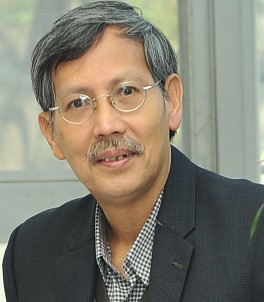
Chung Yuan Christian University
Taiwan
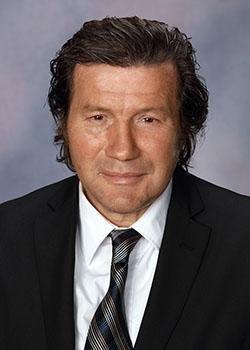
Institute of Technology and Business
CZECH REPUBLIC
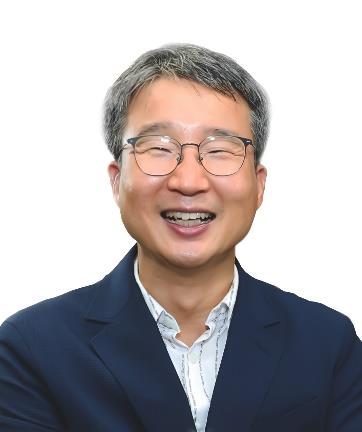
Yeungnam University
South Korea
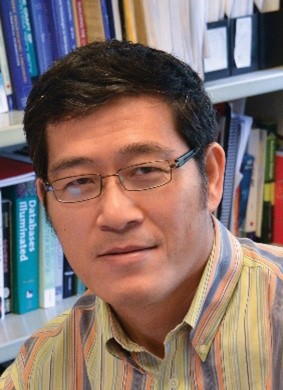
Nipissing University
Canada
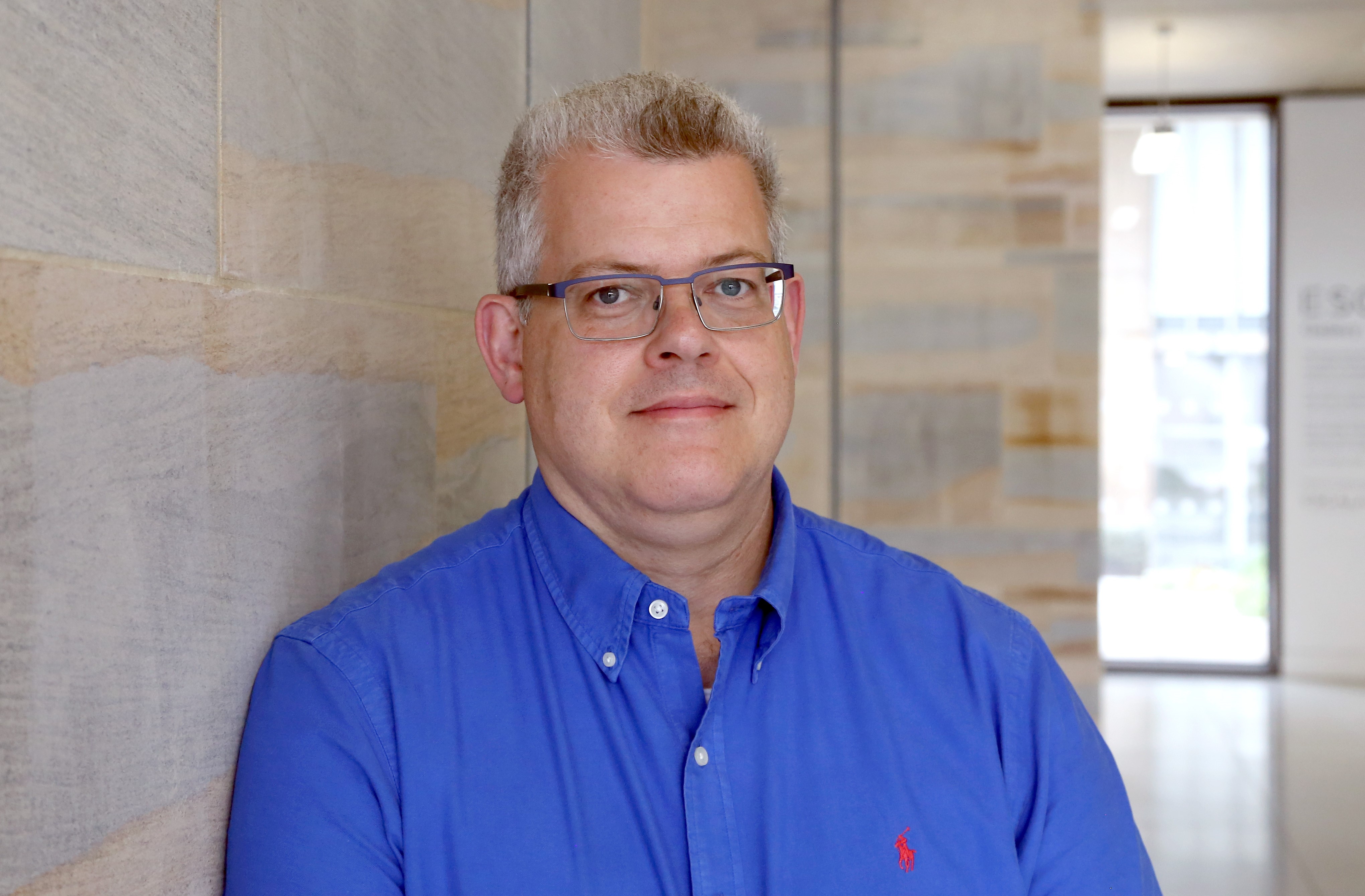
University of Essex
UK
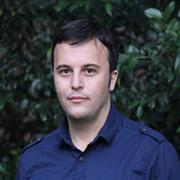
University of Wollongong
Australia

VIT University
India
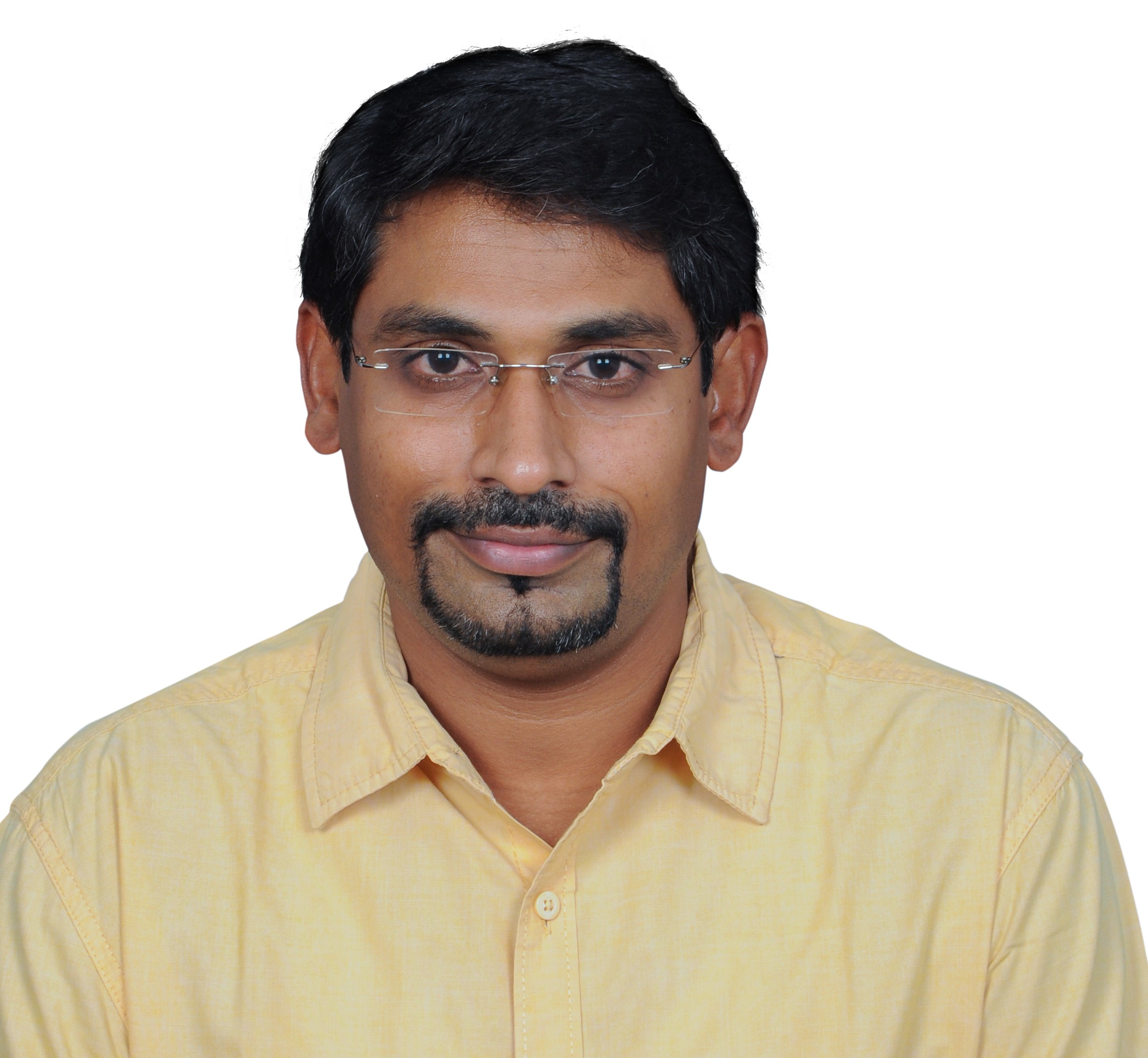
Higher Colleges of Technology
United Arab Emirates
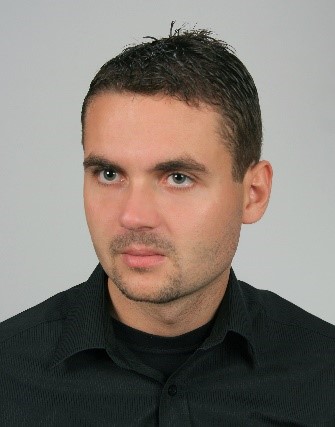
Military University of Technology
Poland
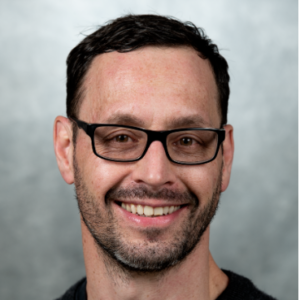
University of California
USA
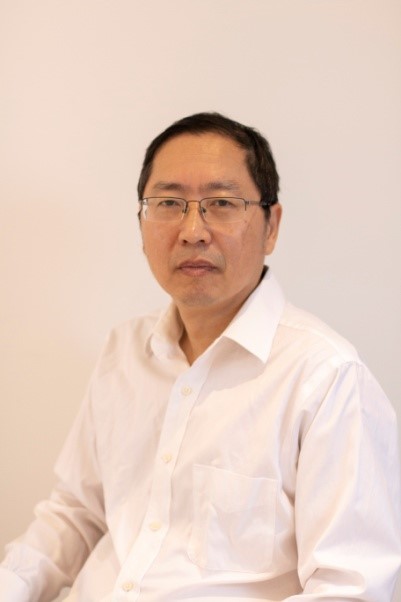
Henan University of Technology
China
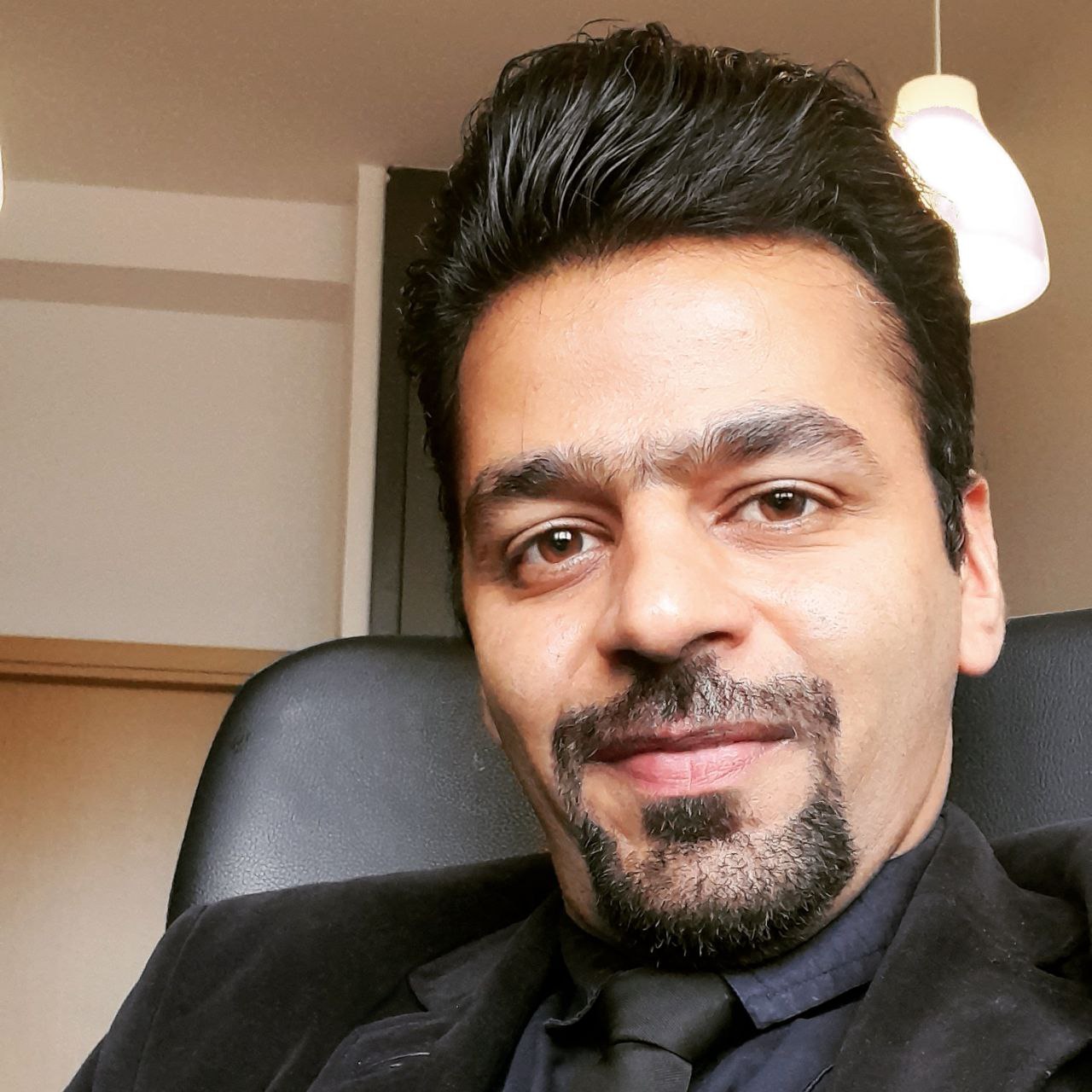
Warsaw University of Technology
Poland
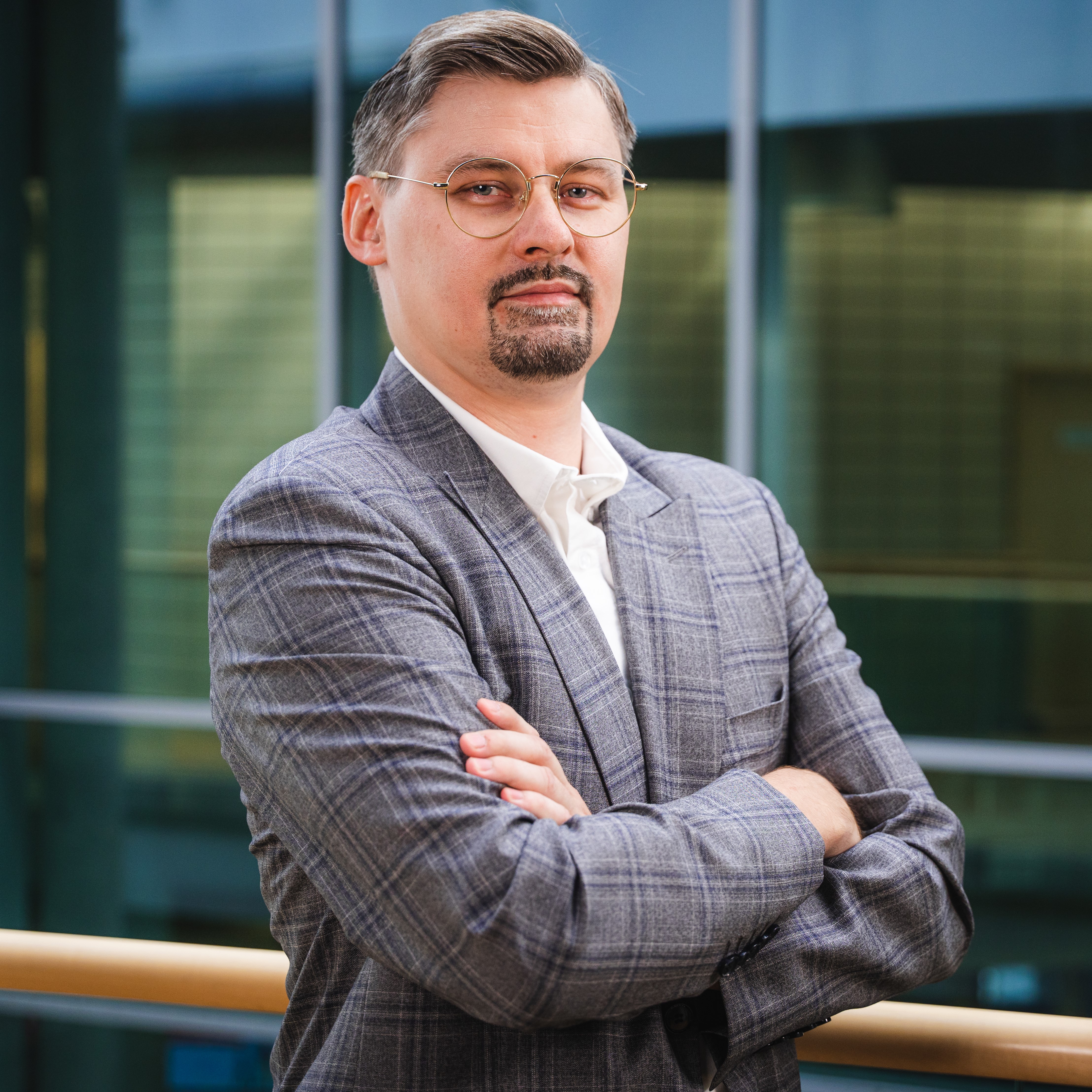
Poznan University of Technology
Poland
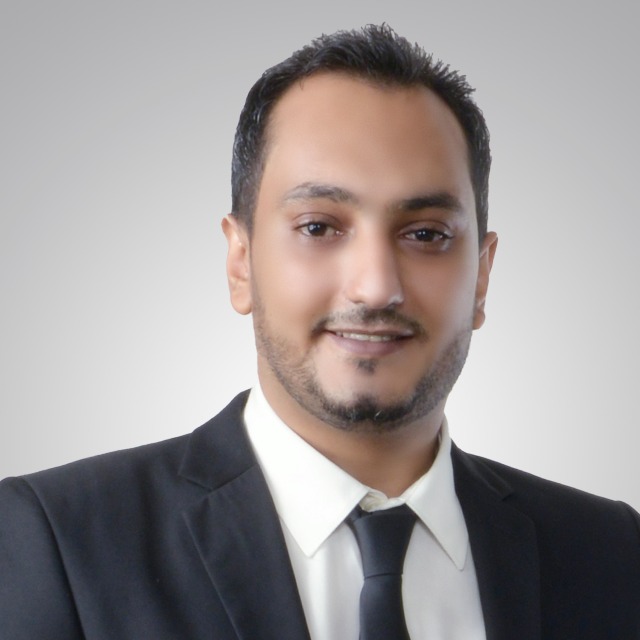
Fraunhofer Institute IVI
Germany
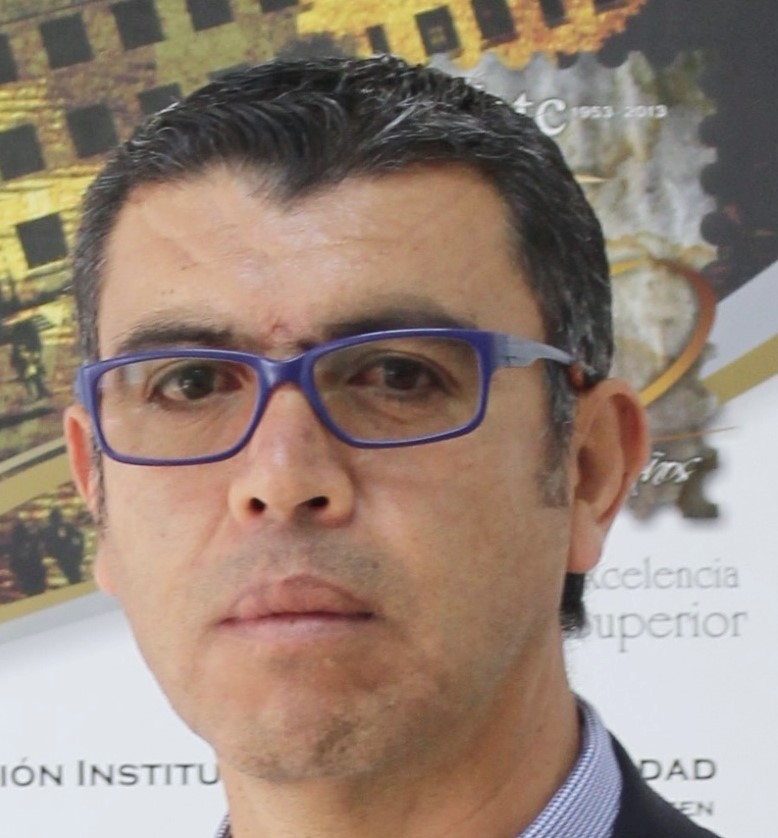
UPTC Colombia

Sungkyunkwan University
Republic of Korea

Universiti Kebangsaan
Malaysia
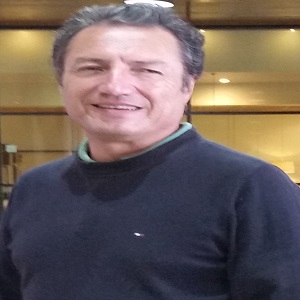
Federal University of Pernambuco
Brazil

Prince Sultan University
Saudi Arabia

University of Sousse
Tunisia
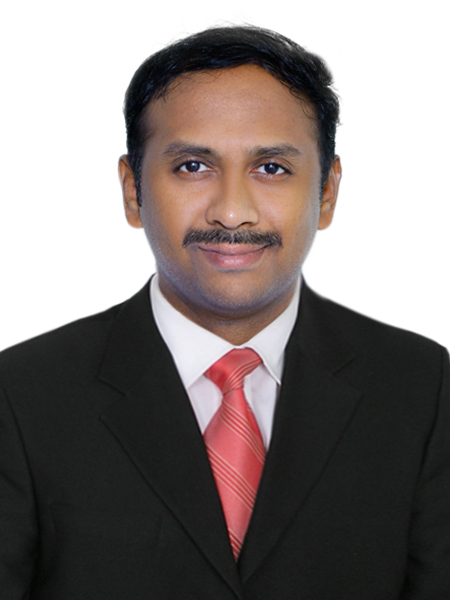
CVR College of Engineering
India
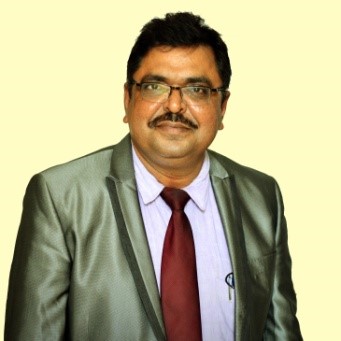
KIIT University
India
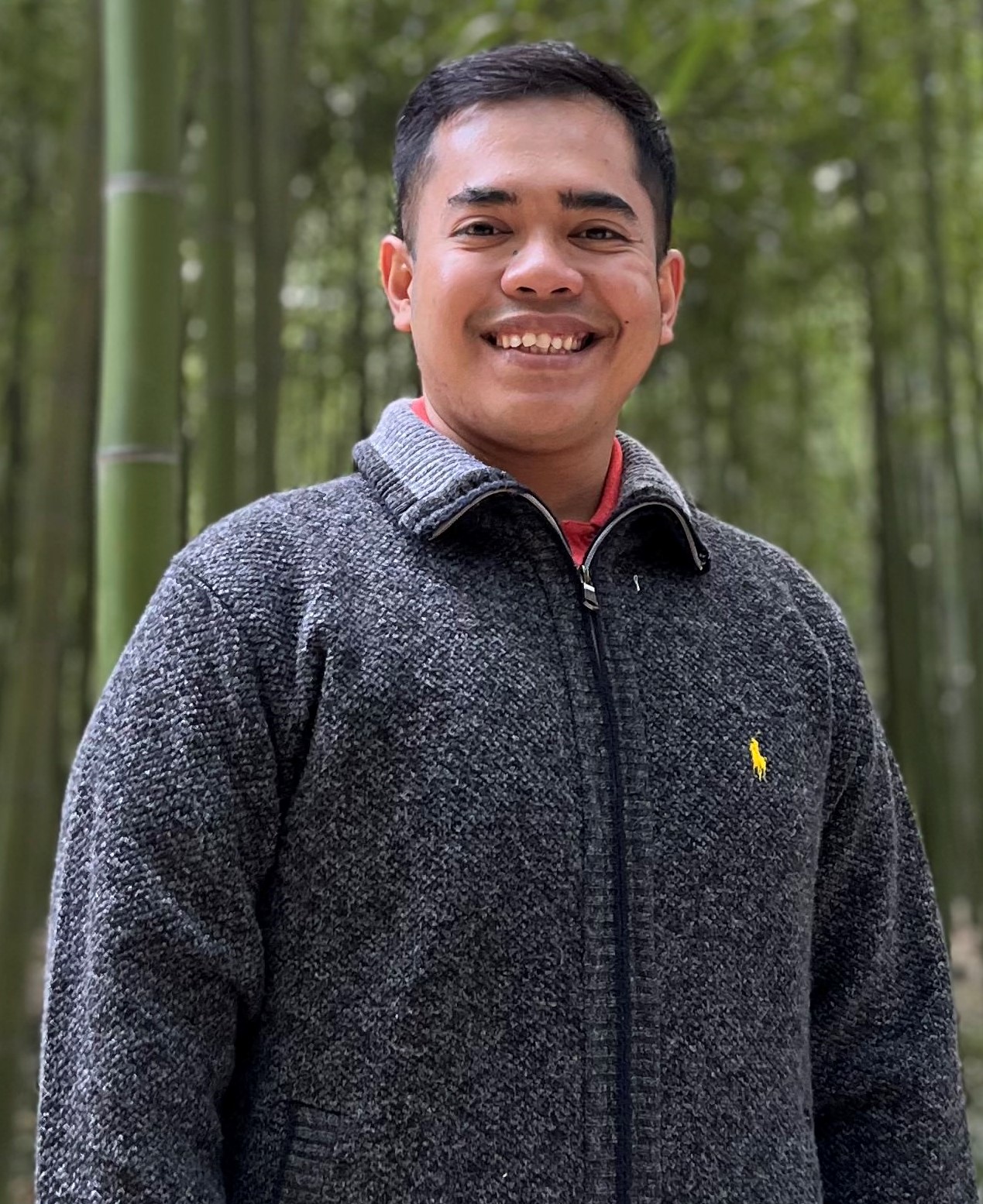
Researcher BRIN & Senior Research Fellow UNIST
Indonesia
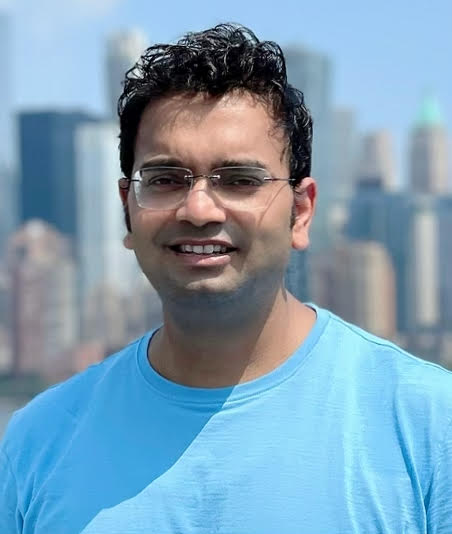
IIIT Bhubaneswar
India
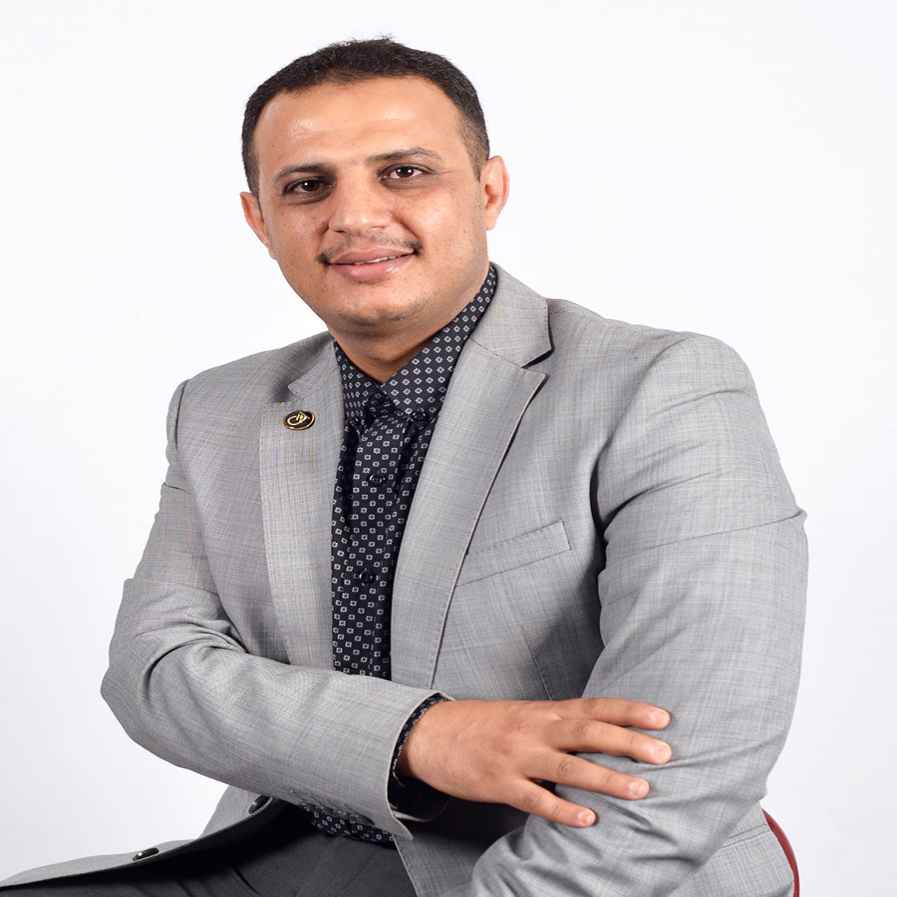
Birmingham City University
England

CMR University Bangalore
India
Tokyo is Japan's capital and the world's most populous metropolis. It is also one of Japan's 47 prefectures, consisting of 23 central city wards and multiple cities, towns and villages west of the city center. The Izu and Ogasawara Islands are also part of Tokyo.
Prior to 1868, Tokyo was known as Edo. A small castle town in the 16th century, Edo became Japan's political center in 1603 when Tokugawa Ieyasu established his feudal government there. A few decades later, Edo had grown into one of the world's most populous cities. With the Meiji Restoration of 1868, the emperor and capital moved from Kyoto to Edo, which was renamed Tokyo ("Eastern Capital"). Large parts of Tokyo were destroyed in the Great Kanto Earthquake of 1923 and in the air raids of 1945.
Today, Tokyo offers a seemingly unlimited choice of shopping, entertainment, culture and dining to its visitors. The city's history can be appreciated in districts such as Asakusa and in many excellent museums, historic temples and gardens. Contrary to common perception, Tokyo also offers a number of attractive green spaces in the city center and within relatively short train rides at its outskirts.